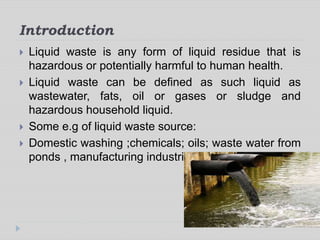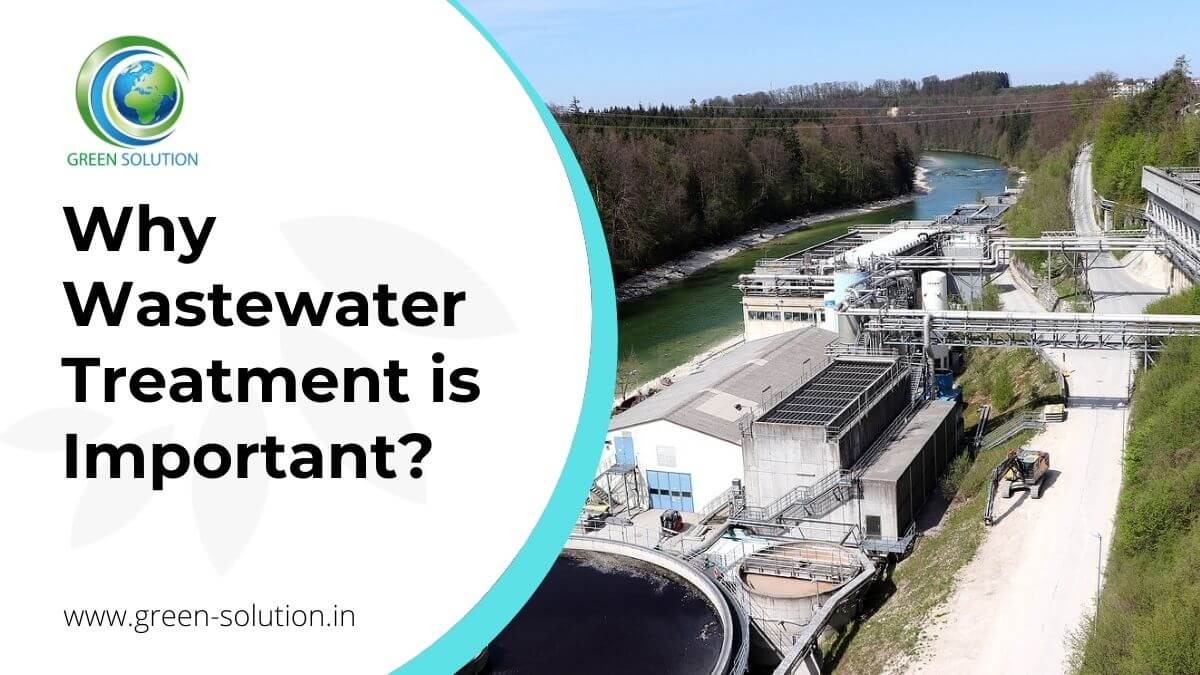The 10-Minute Rule for Reclaim Waste
The 10-Minute Rule for Reclaim Waste
Blog Article
The 10-Minute Rule for Reclaim Waste
Table of ContentsReclaim Waste Can Be Fun For AnyoneReclaim Waste Things To Know Before You Get ThisGetting The Reclaim Waste To WorkThe smart Trick of Reclaim Waste That Nobody is Talking AboutThe Ultimate Guide To Reclaim Waste
Residential sewer waste refers to the waste and items from a domestic septic storage tank. The appropriate administration and disposal of residential sewage waste need fluid waste to be moved to a sewage treatment plant where the correct approaches and tools are applied to purify and dispose of waste.
Commercial waste commonly consists of possible risks, such as combustible products or a blend of liquid and strong waste items, and calls for a much more sophisticated and in-depth disposal process. The disposal of business waste generally includes the filtration of waste before transportation to ensure secure and proper disposal. Industrial waste is developed from results and overflow of commercial processes and production.
This type of waste can not use the exact same sewer administration transportation or processes as septic or business liquids. The hazardous waste monitoring process calls for the examination and screening of fluid waste prior to it undergoes the disposal process (industrial wastewater treatment). Runoff waste is the liquid waste that originates from overflow and excess stormwater in highly booming locations or cities
Runoff waste can cause contamination and flooding otherwise taken care of correctly. Find out more about sewer cleaning and waste monitoring. Guaranteeing proper waste administration can avoid disasters and minimize environmental injury. Both people in residential settings and professionals in industrial or production sectors can gain from recognizing the procedures and policies of liquid waste management.
Reclaim Waste for Dummies
Call PROS Providers today to discover our waste administration and disposal services and the proper means to take care of the liquid waste you generate.
(https://reclaimwaste1.weebly.com/)Do you recognize what happens to your water when you disengage, flush the toilet or drain pipes the washing maker? No? Well, it's worth knowing. This supposed 'wastewater' is not just a vital source however, after treatment, will certainly be released to our land, waterways or the ocean. Utilized water from bathrooms, showers, baths, kitchen area sinks, laundries and industrial procedures is referred to as wastewater.

water used to cool down machinery or tidy plant and tools). Stormwater, a type of wastewater, is runoff that flows from agricultural and metropolitan areas such as roofs, parks, yards, roadways, courses and seamless gutters into stormwater drains pipes, after rain. Stormwater moves untreated straight to regional creeks or rivers, ultimately getting to the ocean.
The Buzz on Reclaim Waste
In Queensland, many wastewater is treated at sewage treatment plants. Wastewater is transferred from domestic or commercial websites through a system of sewers and pump stations, understood as sewage reticulation, to a sewage treatment plant.
The Division of Natural Resources advises city governments about handling, operating and keeping sewerage systems and treatment plants. In unsewered areas, regional federal governments may need owners to install specific or family sewage therapy systems to treat domestic wastewater from commodes, kitchen areas, restrooms and washings. The Division of Natural Resources authorizes using home systems when they are verified to be reliable.
In some brand-new class, treatment of some stormwater to get rid of litter, sand and crushed rock has actually begun making use of gross pollutant catches. Wastewater treatment happens in 4 stages: Eliminates solid issue.
Wastewater then moves right into huge containers where solids clear up and are removed as sludge. Oil and residue are skimmed from the surface area. Makes use of little living organisms knows as micro-organisms to damage down and eliminate staying liquified wastes and great particles. Micro-organisms and wastes are integrated in the sludge. Gets rid of nitrogen and phosphorus nutrients that could cause algal flowers in our rivers and threaten water life.
Some Known Details About Reclaim Waste
Nutrient elimination is not offered at all sewage treatment plants due to the fact that it calls for pricey specialized devices. Clear liquid effluent produced after therapy may still include disease-causing micro-organisms - liquid waste removal.

This typically means wastewater needs to be dealt with or contaminants gotten rid of before it can be discharged to rivers. A lot of wastewater moves right into the sewerage system. Under the Act, local federal governments provide approvals and permits for environmentally relevant activities (ERAs) including wastewater releases that could have Web Site a regional influence. The department carries out authorizations and licences to Ages including wastewater launches that may have a regional or statewide impact.
Some Known Facts About Reclaim Waste.
Or else, examples are taken for laboratory analysis. Frequently lots of examinations are required to develop the levels of each of the different toxins such as oils, hefty metals and chemicals in water. Monitoring gives valid details about water quality and can verify that licence conditions are being satisfied. The info acquired with tracking supplies the basis for making water quality decisions.
Report this page